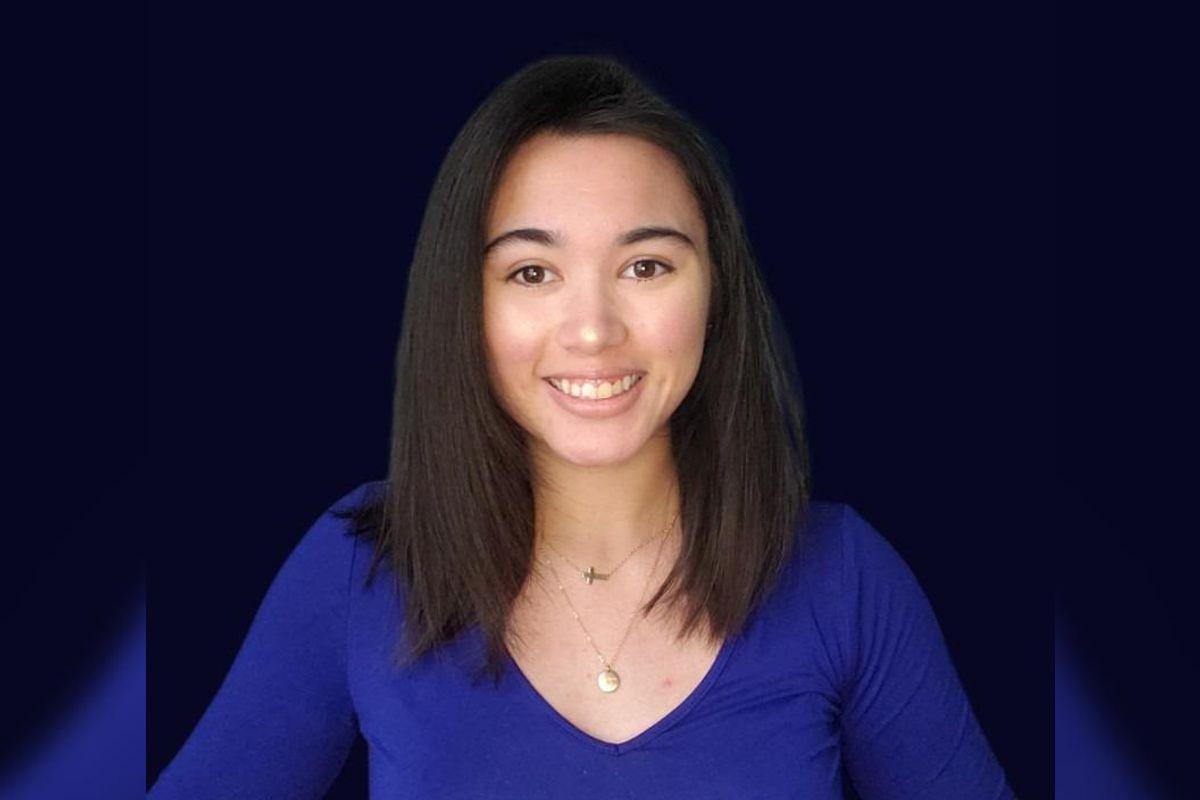What Houston startup founders looking for funding need to know about working with VCs
guest column
I have had the incredible opportunity to work with New Stack Ventures as a venture fellow, and after sourcing investment opportunities, shadowing calls with founders, and even leading a couple calls of my own, I have learned a few lessons that might resonate with startup founders who are raising capital.
Responsive founders make a difference
The first and likely most important lesson I have learned during my tenure as a fellow is this: responsive founders truly make a difference in whether or not they raise capital.
I have sent several emails and LinkedIn messages to really intriguing companies, in hopes of connecting for a call and inquiring about their raise. And, I look back and see that many of those outreach messages were left unread. I have also engaged in calls with really intriguing companies where the founder never follows up, and the idea of moving forward with next steps dissipates.
On the flipside of the forgetful founder, I have also witnessed extremely attentive founders: founders who send follow-up messages when they don't receive an immediate response, respond to their emails within the hour, and go above and beyond by sending pitch decks and executive summaries (even when unasked). This type of founder persona excites me with their enthusiasm and eagerness to make a deal. Their responsiveness with the investment process sheds light to how they likely run their businesses.
At the end of the day, many founders can say that they are hustlers and go-getters, but I believe the founders that show me through their actions in the investment process.
Great founders are great storytellers
When I do connect with founders in introductory calls (after the back-and-forth, hopefully responsive email exchange), the thing I look forward to most is hearing their stories. I want to know your story. I want to know what you were doing before your startup (and how that helped prepare you), how you thought of your idea, how you validated your assumptions, how you grew your business, and… everything in between (but all in less than five minutes of time).
Great founders are great storytellers. The great storytellers I have come across invite me into their companies' journeys, and leave me actually caring about their success.
On the opposite side of the spectrum, the founder who gives short responses and shows no real connection to their work (giving off the vibe that this is just another startup for them) leaves me unattached to them and their business.
Venture capitalists are more accessible than you might think
Perhaps, I gave this point away when I said that I was sending several emails and LinkedIn messages to founders (which sounds a little desperate), but VCs are way more accessible than you may think. Before working with New Stack Ventures, I had this perception that VCs were extremely hard to reach, exceptionally busy, and a little bit scary. And while one of the two latter characteristics still remains true, I can say with certainty that VCs are not hard to reach.
I can't speak for everyone in venture capital, but I do know that the VCs I work with will respond to founders who message them. Putting yourself out there, as a founder, can lead to advice (which bodes well for your business), a new connection in the industry (which bodes well for your network), and even an investment (which bodes well for the future of your startup). In the end, VCs are spending hundreds of hours, searching for a tractable startup that will change the game, and your startup could be the very gem they are looking for.
So, be bold, be responsive, and tell your story to any and every VC who will listen. I'm all ears.
Note: I was inspired to write this piece by by The Full Ratchet's tips for fundraising entrepreneurs, I thought I would share.
------
Christa Westheimer is a Rice University student and the managing director at Rice Ventures. She is a current venture fellow at Chicago-based New Stack Ventures.




 Apple doubles down on Houston with new production facility, training center Photo courtesy Apple.
Apple doubles down on Houston with new production facility, training center Photo courtesy Apple.